Related Research Articles
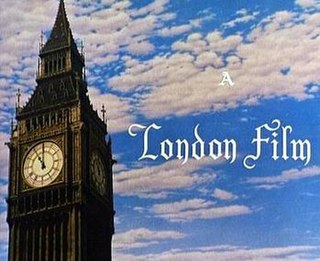
London Films Productions is a British film and television production company founded in 1932 by Alexander Korda and from 1936 based at Denham Film Studios in Buckinghamshire, near London. The company's productions included The Private Life of Henry VIII (1933), Things to Come (1936), Rembrandt (1936), and The Four Feathers (1939). The facility at Denham was taken over in 1939 by Rank and merged with Pinewood to form D & P Studios. The outbreak of war necessitated that The Thief of Bagdad (1940) be completed in California, although Korda's handful of American-made films still displayed Big Ben as their opening corporate logo.
Sidney Barnett Hickox, A.S.C. was an American film and television cinematographer.
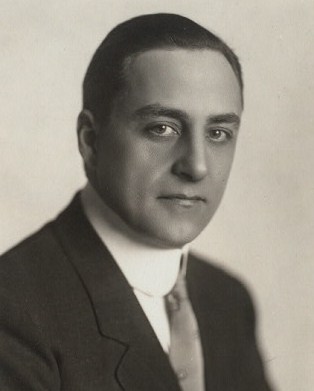
Joseph Henry Kolker was an American stage and film actor and director.
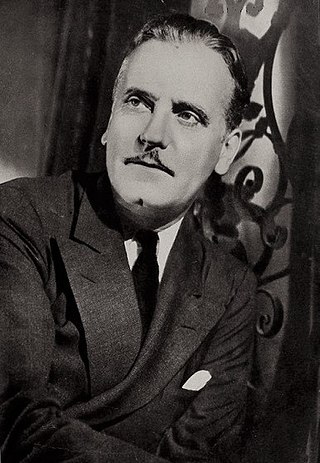
Raphael Kuhner Wuppermann, known professionally as Ralph Morgan, was a Hollywood stage and film character actor, and union activist. He was a brother of actor Frank Morgan as well as the father of actress Claudia Morgan.
George King was an English actors' agent, film director, producer and screenplay writer. He is associated with the production of quota quickies. He directed several of Tod Slaughter's melodramas, including 1936's The Demon Barber of Fleet Street.
William Clemens was an American film director.

John Grant Mitchell Jr. was an American actor. He appeared on Broadway from 1902 to 1939 and appeared in more than 125 films between 1930 and 1948.
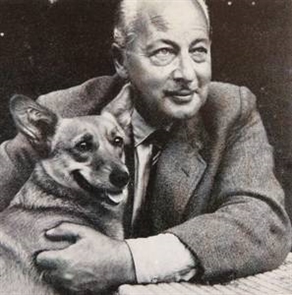
Leslie Perrins was an English actor who often played villains. After training at RADA, he was on stage from 1922, and in his long career, appeared in well over 60 films.

Ruth Donnelly was an American film and stage actress.

Antony Hamilton Holles was a British stage and film actor. Educated at Latymer School, Holles was on stage from 1916 in Charley's Aunt. He was the son of the actor William Holles (1867-1947) and his wife Nannie Goldman.
Basil Emmott, BSC was a prolific English cinematographer with 190 films to his credit, active from the 1920s to the 1960s. Emmott's career started in the silent era and continued through to the mid-1960s. His most prolific decade was the 1930s, when he was involved with almost 120 films, many of which were produced by noted documentary film-maker John Grierson.
Brock Williams was a prolific English screenwriter with over 100 films to his credit between 1930 and 1962. He also had a brief directorial career, and later also worked in television. Two of his novels The Earl of Chicago and Uncle Willie and the Bicycle Shop were both adapted into films.
Jean-Max (1895–1970) was a French film actor.
Victor Vina (1885–1961) was a French film actor.
Alice Field (1903–1969) was a French Algerian stage and film actress.
Marcel André was a French film actor.
Antonin Berval (1891–1966) was a French film actor. He is sometimes credited simply as Berval.
Félix Charles Oudart was a French stage and film actor.
William T. Lackey (1896–1974) was an American film producer. He worked with Monogram Pictures for a number of years.
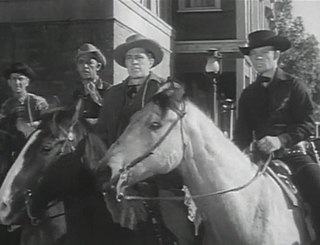
Luther Palmer was an American film and television actor. He appeared in over 300 films and television programs between 1929 and 1962.
References
- ↑ Goble p.746